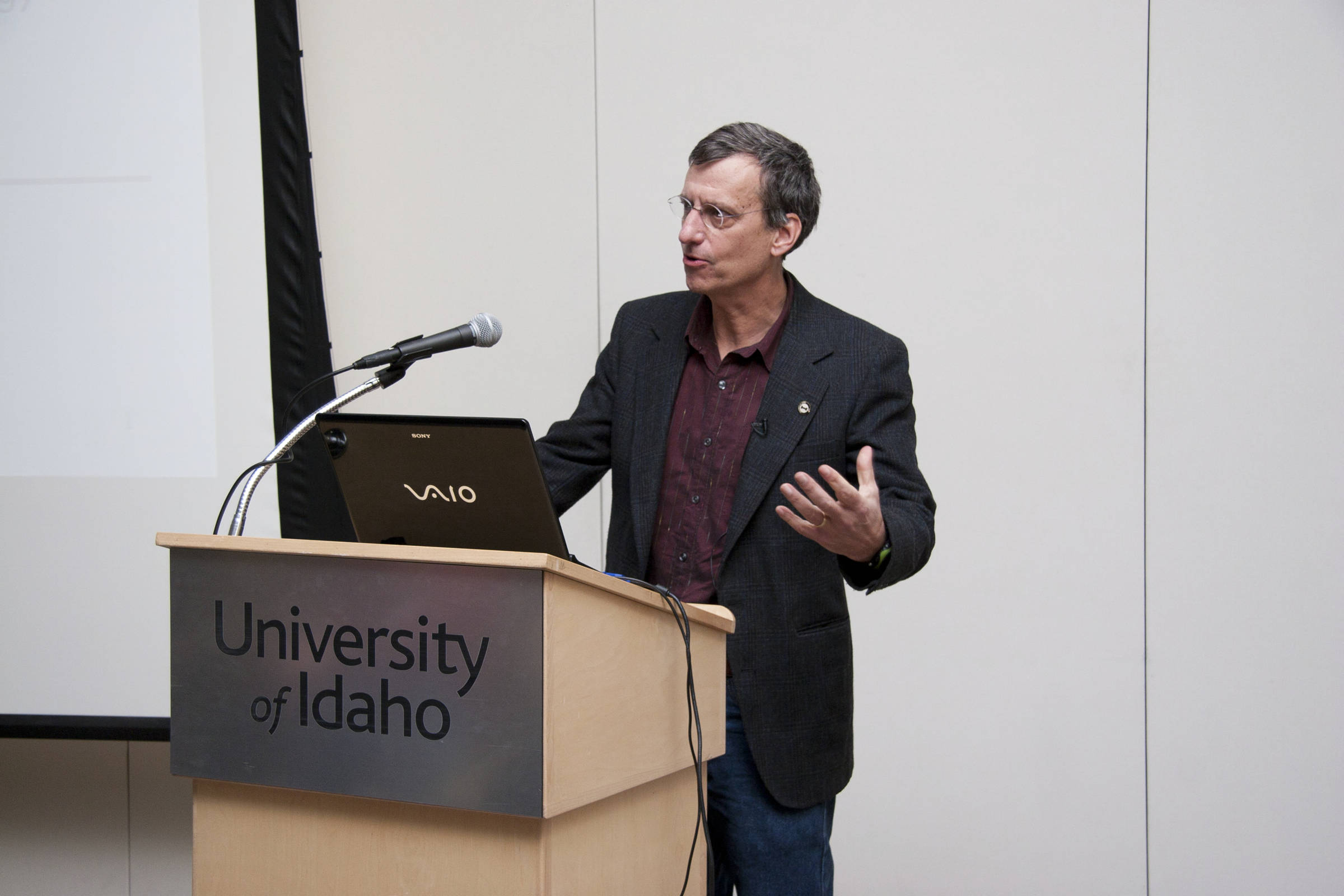ABSTRACT
Evidently since the inception of rigorous inquiry about the nature of the physical world, there has been a tension between the value of science for its utility vs. the value of science for deepening our understanding and appreciation of nature.
From Plato's Republic
Socrates: Shall we set down astronomy among the subjects of study? Glaucon: I think so, to know something about the seasons, the months and the years is of use for military purposes, as well as for agriculture and for navigation. Socrates: It amuses me to see how afraid you are, lest the people should accuse you of recommending useless studies.
This ancient tension continues to operate within every scientific discipline, whether one or the other perspective predominates within that discipline. Through the science of the enlightenment a shift can be discerned from an emphasis on attention to the workings of nature as a kind of intellectual devotion to an emphasis on understanding nature and harnessing its principles. Post enlightenment science has shifted from an emphasis on fundamental curiosity to application. My own discipline, entomology, has scholarly roots in cataloguing and fathoming the bewildering biological diversity of insects, but also in the quest to manage the species that compete with us for food and fiber. Americans played a central roll in elevating applied entomology, although some of the giants like C.V. Riley and Benjamin Walsh, were also gifted and insightful naturalists.
Unfortunately, the tension has produced a divide in contemporary science between so-called applied and basic university research. Sometimes the frontiers can be located on a map of a university campus – like the University of Idaho. Significance of this tension has increased in recent years, along with the need to justify public funding of science. The fascinating and beautiful universe revealed by science is accessible to us as an ancillary to applied research. Arguments for funding basic science have been forced to focus on the potential for basic science to yield, indirectly, concrete benefits in the form of better technology, better medicine, better agriculture, whether via the so-called "linear model" or the "fabric" model that depends upon the interplay of basic and applied science (Holton et al. 1996). This tactic tends to diminish the role of science for helping us understand better who we are and what we are a part of.
In our Toolbox project, we have conducted over 60 workshops with more than 400 participants and built around responses to prompts that probe the attitudes about philosophical issues and assumptions of science. The first prompt states: The principal value of research stems from the potential application of the knowledge gained. Responses have ranged from strongly agree to strongly disagree, with a mean that tends towards agreement with this statement, perhaps revealing prevalent attitudes. In the talk, I will examine the responses more carefully, considering the demographics of respondents.
Nonetheless, many scientists today continue to be strongly motivated by curiosity and wonder, as well as the need to solve problems. I am one of these, and will illustrate with some of my personal story. Could the motivation to pursue 'pure' science represent the hub and rim of the wheel that links science and the humanities? In this view, 'applied' science becomes some or all of the many spokes of the wheel. But perhaps it is the other way around
BIOGRAPHY
Dr. Sanford D. Eigenbrode is Professor and Chair of Entomology at the University of Idaho. He received a BS in biology, an MS in Natural Resources and a PhD in Entomology from Cornell University. Sanford conducts research on chemical ecology of insect-plant and multi-trophic interactions. He has expertise in host plant resistance, natural products chemistry, scanning electron microscopy, and integration of host plant resistance into insect pest management. Recently, he has focused on the chemical ecology, landscape ecology and management of insect-vectored viruses of wheat, potatoes and legumes. He is director of an AFRI RAMP project on legume virus risk mitigation. His landscape ecology research has included study of insect pests affecting coffee agroforestry systems in Costa Rica. He is co-PI on a renewed NSF-IGERT project on Resilience of Ecological and Social Systems in Changing Landscapes and coordinator of the Joint Doctoral Program between the University of Idaho and CATIE (Tropical Agricultural Research and Higher Education Center) in Turrialba, Costa Rica . He is project director for a recently funded $20M NIFA Coordinated Agricultural Project on Regional Approaches to Climate Change in Pacific Northwest Agriculture. As an outgrowth of his several interdisciplinary, collaborative projects, Sanford is engaged in research and education focused on improving the process of collaborative science. He is a co-PI on an NSF-funded project on Improving Communication in Cross-Disciplinary Collaboration. Dr. Eigenbrode has been the recipient of numerous awards and honors, including the 2011 University of Idaho's Research Excellence Award.
For more information: Rodney Frey



